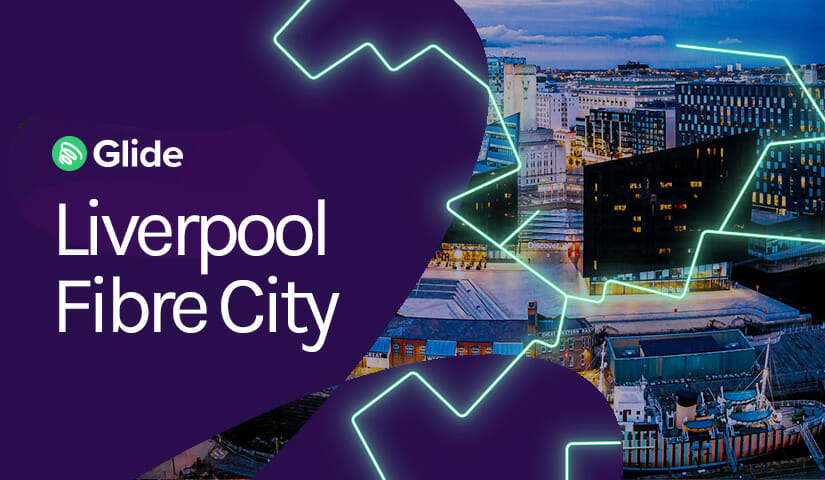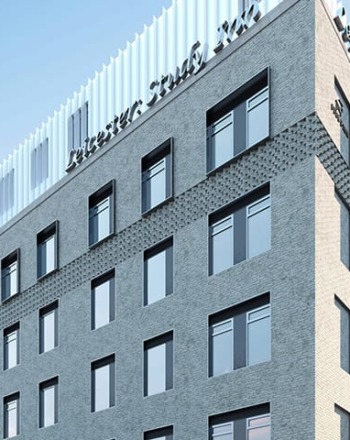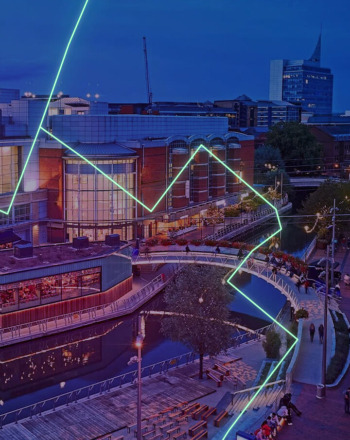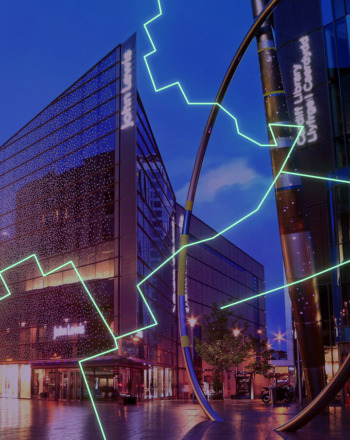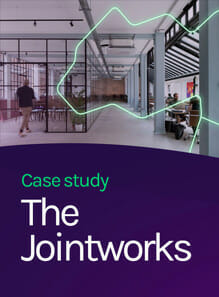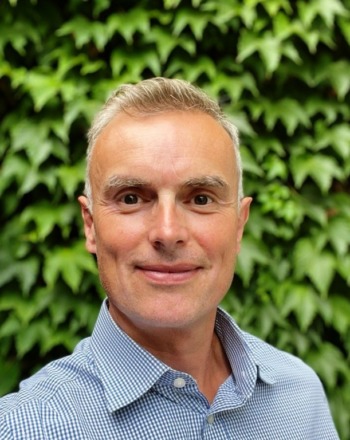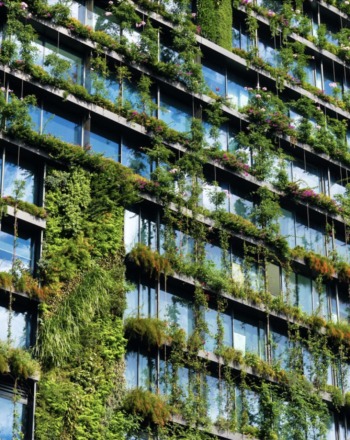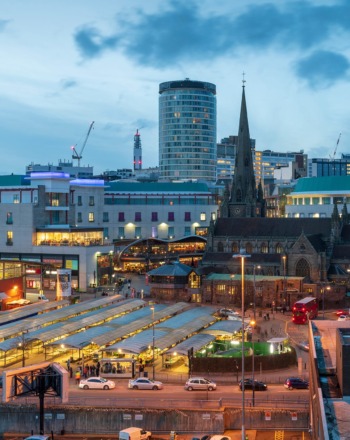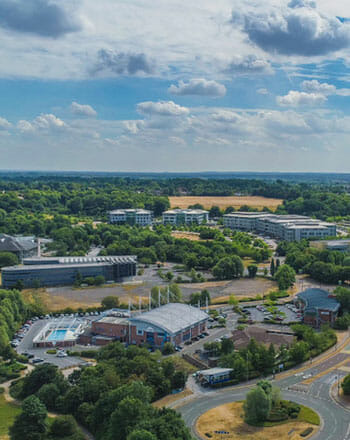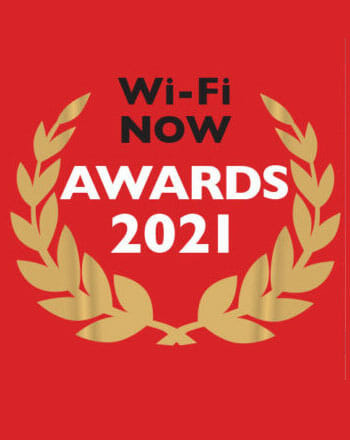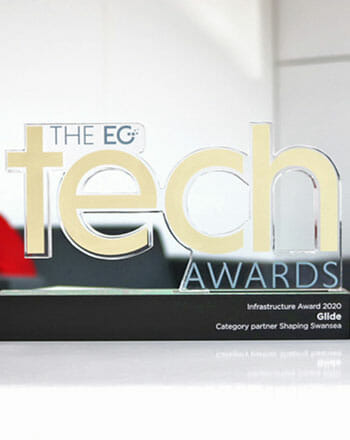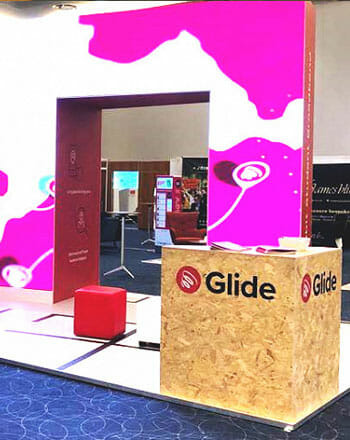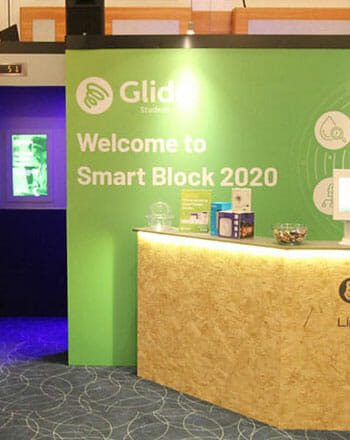The city of Liverpool’s regeneration is widely considered a great success. In 2004 much of the post-industrial infrastructure of the city was recognised as a UNESCO World Heritage site. That same year, the city’s regeneration was kickstarted by a group of developers working with capital largely from the EU’s European Regional Development Fund.
Liverpool is now a major educational and commercial hub, with the city region’s economic growth standing at 3.3%, well above the national average according to the ONS. With Liverpool’s position as a key player in England’s economy now apparent, the city offers an attractive investment opportunity for those wishing to support future development in the North West.
However, in the post-Covid world, with remote working and e-learning now a feature of everyday life, Liverpool’s digital infrastructure has been struggling to keep up with demand.
Liverpool - home to the UK’s fourth largest port - quickly recognised the need for a digital revolution to accommodate the increasingly digitally-reliant livelihoods of its residents.
Challenges Ahead of the Fibre City
Liverpool needs a digital infrastructure capable of supporting its growth ambitions. In 2022, this means the widescale deployment of fibre, with its virtually unlimited data capacity, across the city.
Committed to this, Glide, a market-leader in ultrafast broadband connectivity and fibre infrastructure, took on the task of helping to develop Liverpool’s ‘Fibre City’.
There appeared to be three main issues:
- Liverpool’s existing network was no longer effective in responding to the demands of the city’s growth and development. The city needed not only a short-term fix, but a long-term, sustainable solution.
- On top of the demands stemming from the city’s regeneration, remote working and e-learning put extra strain on existing infrastructure.
- The city was heavily dependent on a small number of connections to neighbouring cities. Liverpool’s network required more resilience.
Installing Liverpool’s Fibre Network
Glide’s network infrastructure is strategically located in areas vital to the city’s economy, including the Knowledge Quarter, the city’s universities and retail centres.
Glide has extensively deployed muti-fibre cables across the city and connected two exchanges - Liverpool Central and Liverpool Royal. The cables form rings for added resilience with traffic fed to its destination in the opposite direction around the ring in the unlikely event of a fibre break. The network is further connected to Glide’s national network at 100Gbit/s, with additional capacity easily added. This means that users across the city now have access to Glide’s resilient dark fibre and ultra-fast broadband services of up to 10Gbit/s. The virtually limitless capacity of fibre ensures that this infrastructure will support the city’s growth well into the future. .
As in other Fibre Cities across the UK, Glide’s priority has been to ensure the best possible service to its customers. The user experience is always paramount when creating Fibre City projects and, unlike many other service providers, by owning its fibre network infrastructure end-to-end, new properties can be added with ease and Glide can respond to any issues in a timely and effective manner. Commercial and residential customers based within the Fibre City can now benefit from greatly improved speeds and reliability, with Glide’s 1Gbit/s and 10Gbit/s full-fibre broadband services now widely available across the city.
Supporting Regeneration Efforts Across the North West
Glide already has several major customers connected to its Liverpool Fibre City network, particularly in the Build-to-Rent (BTR) and Purpose-build Student Accommodation (PBSA) sectors.
Glide is committed to supporting the further development of BTR, PBSA and general business sectors, as regeneration across the Liverpool city region continues. Glide’s work with developers Romal Capital is testament to this part of a £5.5 billion project to transform the city’s disused waterfront.
Commenting on Glide’s work, Greg Malouf, CEO from Romal Capital commented: “Internet has to be so reliable. Everything has to evolve. As developers we have a responsibility to evolve with the times. We do not get complaints about the Wi-Fi. When you’re dealing with 250 apartments and to not get a complaint says a lot about Glide.”
Looking Ahead
Glide’s work in Liverpool is testament to its commitment to supporting the regeneration of Britain’s urban areas. The benefits of speed and reliability of Glide’s Fibre City extend right into our buildings providing the best possible platform for the city’s prosperity well into the future.

